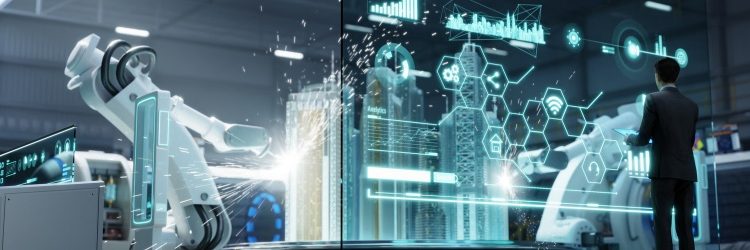AI Will Not Put You Out of Work
AI favors junior workers with more extraordinary task-based Experience. Senior workers, however, have lower trust in AI, likely based on their broader job responsibilities.
A recent study, ‘Friend or Foe? Teaming Between Artificial Intelligence and Workers with Variation in Experience’ looks at two major types of human work experience, based on the specific task volume and broad Experience based on seniority and human-AI team dynamics. The research is published in the INFORMS journal Management Science.
The study developed an AI solution for medical chart coding in a publicly traded company and conducted a field study among the knowledge workers,” according to Weiguang Wang of the University of Rochester and leading author. “We were surprised by what we found… The different dimensions of work experience have distinct interactions with AI and play unique roles in human-AI teaming.”
They found that AI benefits workers with more excellent task-based Experience. Despite their extraordinary Experience, senior workers gain less from AI than their junior colleagues. The relatively lower productivity lift from AI is not a result of seniority but rather their higher sensitivity to the imperfection of AI, which lowers their trust in AI.
Senior employees who assume greater responsibilities and care about the organization tend to shy away from AI because they see the risks of relying on AI’s assistance. They are not effectively leveraging the technology.
When introducing AI, researchers urge employers to consider different worker experience types and levels. New workers with less task experience are disadvantaged in leveraging AI, and senior workers with more organizational Experience may be concerned about the potential risks imposed by AI. Addressing these unique challenges is essential to productive human-AI teaming.

